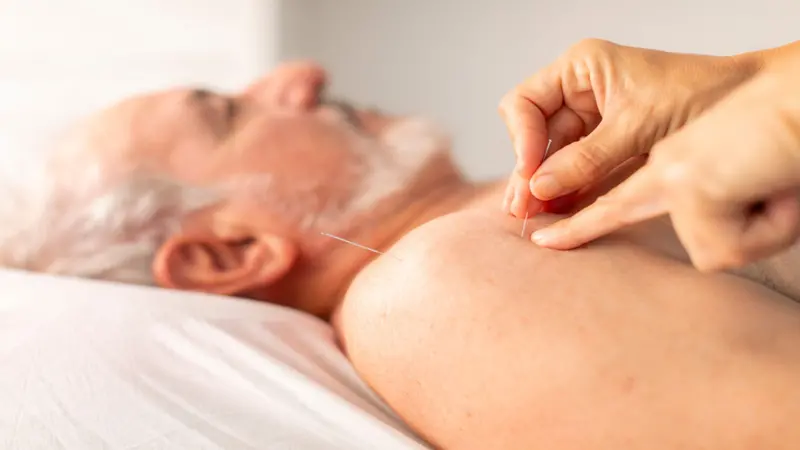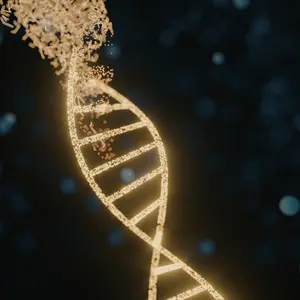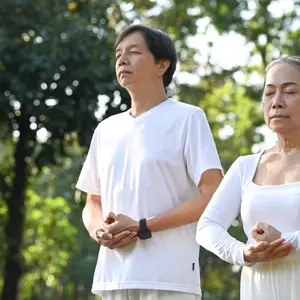

Complementary and Alternative Medicine (CAM)

Complementary and Alternative Medicine (CAM)
Acupuncture For Veterans With PTSD
Post-Traumatic Stress Disorder (PTSD) is a psychiatric disorder that can occur in individuals who have experienced or witnessed a traumatic event, characterized by intrusive memories, avoidance behaviors, negative changes in cognition and mood, and alterations in arousal and reactivity lasting more than one month. PTSD was formally recognized in 1980, largely influenced by the experiences of Vietnam War veterans, whose psychological struggles underscored the need for a distinct diagnostic category and has since guided research and treatment approaches.
A 2024 randomized clinical trial published in JAMA Psychiatry investigated the efficacy of acupuncture in treating combat-related PTSD among veterans. The study enrolled 71 participants diagnosed with PTSD, randomly assigning them to receive either authentic acupuncture or sham (placebo) acupuncture treatments. Over the course of the intervention, participants underwent regular sessions over 15 weeks, and their PTSD symptom severity was assessed using standardized measures.
The findings revealed that those in the true acupuncture group experienced a statistically significant reduction in PTSD symptoms compared to the placebo group. This suggests that acupuncture may offer therapeutic benefits beyond placebo effects for individuals suffering from combat-related PTSD. The study's rigorous design, including randomization and the use of a control group, enhances the credibility of these results.
These outcomes contribute to a growing body of evidence supporting acupuncture as a complementary treatment for PTSD, particularly within veteran populations.


 By
By







